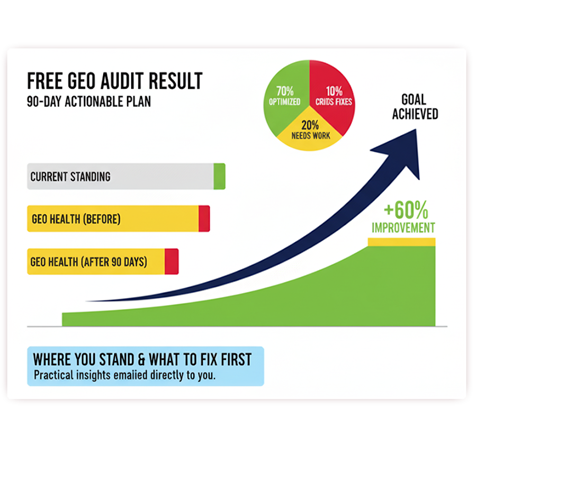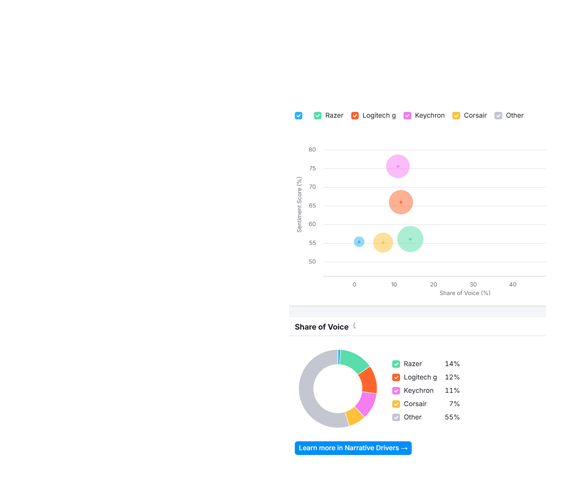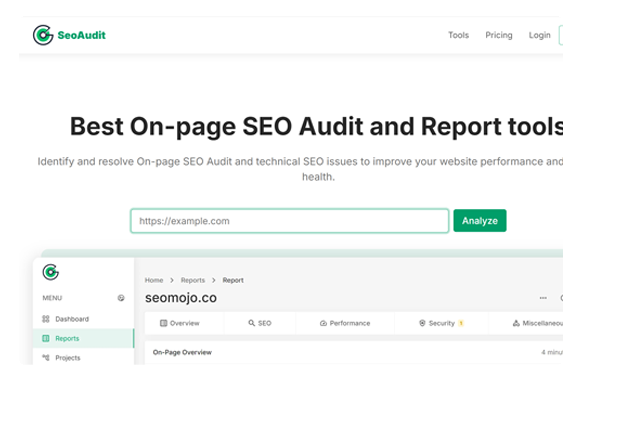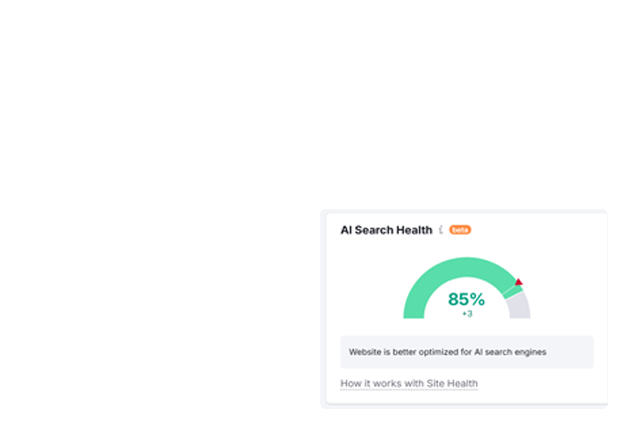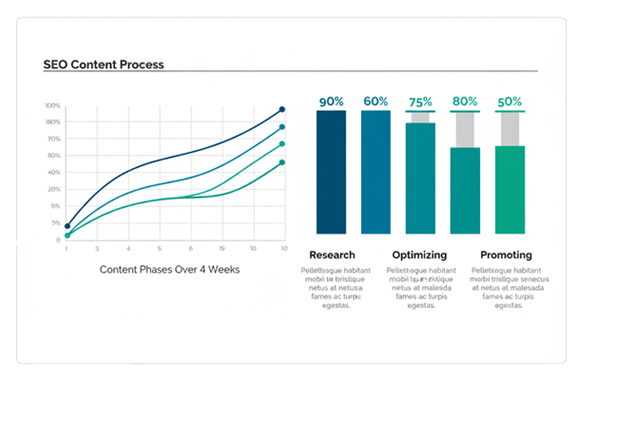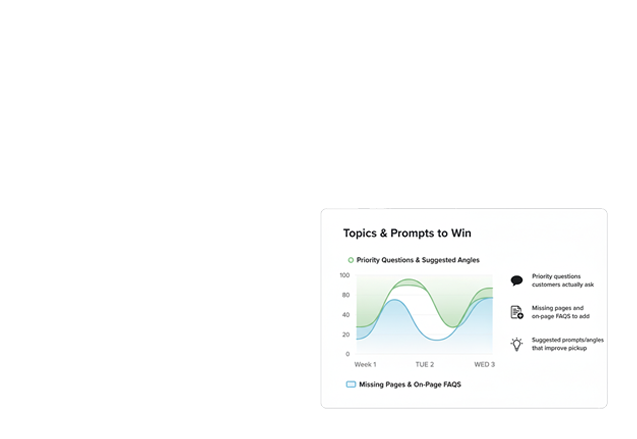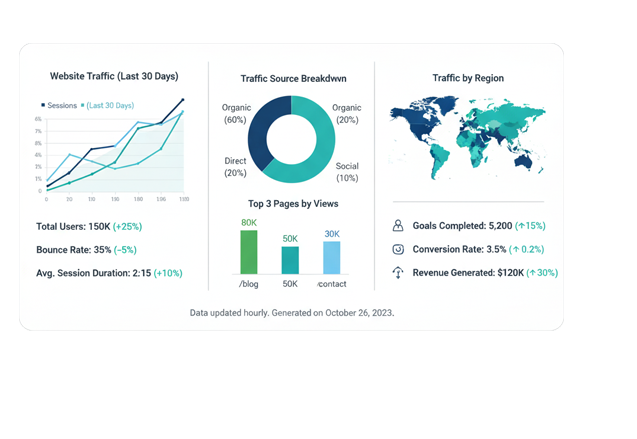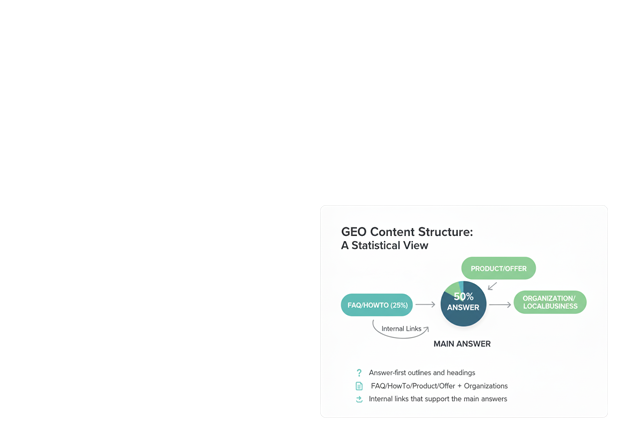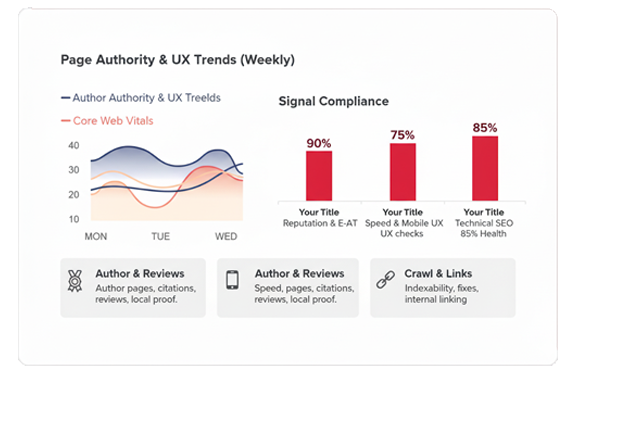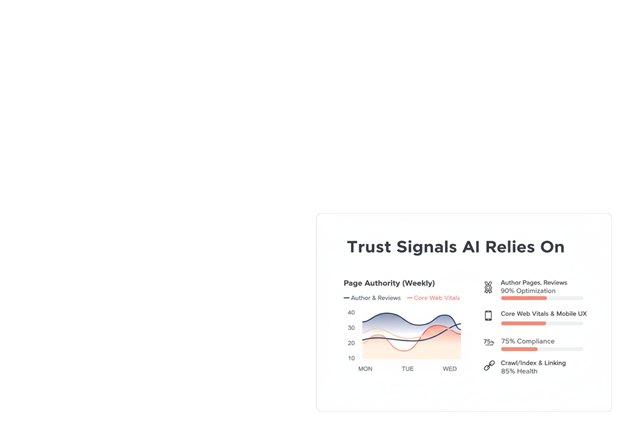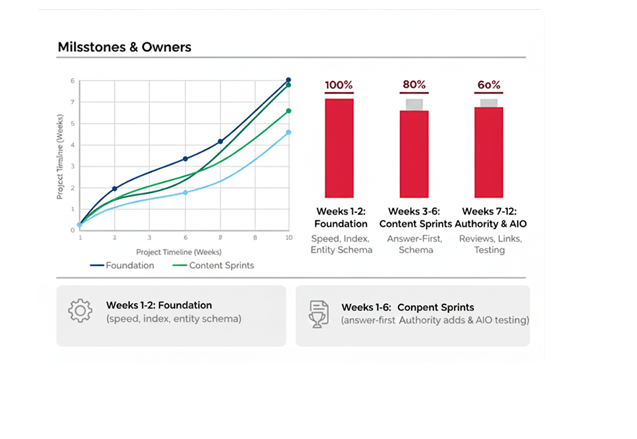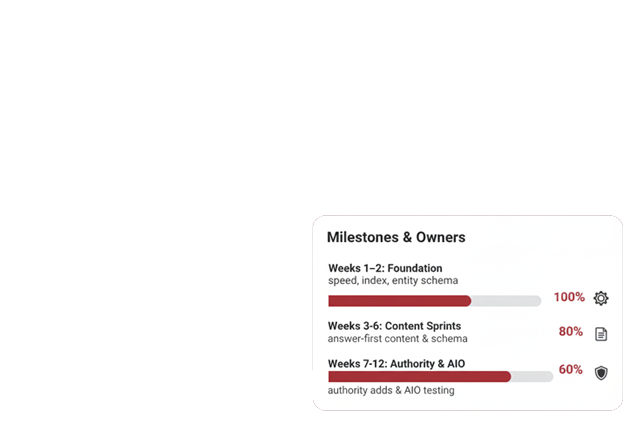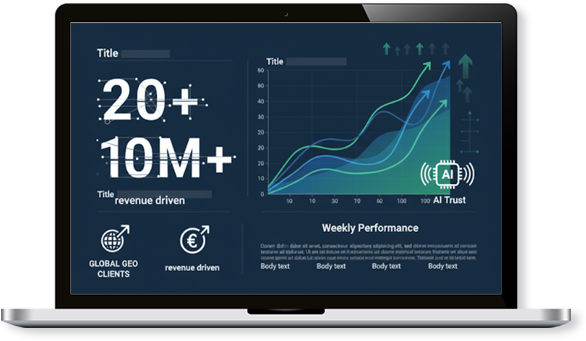Is SEO Still Enough in the Age of AI Search? Here’s How to Do GEO Right
The way we search online is changing fast. With tools like ChatGPT, Google’s AI Overviews, and Bing Copilot taking center stage, the old-school SEO playbook is no longer enough. If you want your brand to show up in AI-generated answers, it’s time to look beyond SEO and dive into GEO — Generative Engine Optimization. In this blog, we’ll break down how you can make your content more visible in AI search results, based on real-world tests from SEO expert Matt Diggity. Plus, we’ll give you tips you can start using today to get ahead in this new era. Why GEO Matters Now Just a few years ago, ranking #1 on Google meant you were king. But now, when someone searches, they often see an AI summary at the top — and your website might not even be mentioned. Think of GEO as the strategy that gets your content picked up and quoted by AI tools like ChatGPT and Google's AI...


